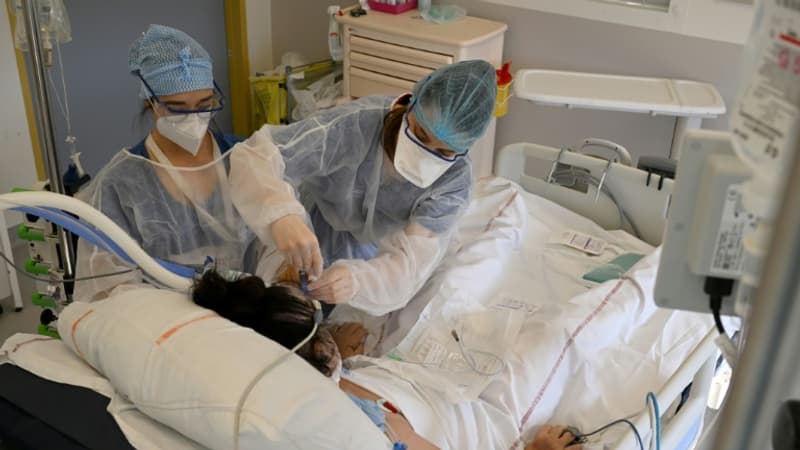After a slowdown in 2020, spending on health care reached 226.7 billion euros last year, up 7.9%, the biggest increase in spending seen in 30 years, according to a Drees report released on Thursday.
Since the 1980s, health spending had grown by an average of 3.5% per year.
But the year 2020 had been marked by a “drop in activity caused by health restriction measures”, indicates the statistics service of the social ministries.
Increase in all sectors
In 2021, “all healthcare sectors” contributed to the growth of health spending, he specifies.
The “consumption of hospital care” increased by 6.2%, explained by “a significant upturn in activity, especially in the private sector” and by “the upturn” in wage increases in the “Health Insurance”, according to the drees.
And attention has increased in all sectors, especially among dentists, with a jump of 22.5% after a significant decline in 2020.
The “100% healthcare” reform, which allows full reimbursement for certain treatments, has borne fruit for hearing aids, whose consumption has increased by 60%, for dental prostheses (an increase of almost 40%) or for medical optics (+15.8%).
Covid tests: a cost of 7,000 million euros
Biological analysis laboratories without PCR tests also saw their consumption pick up (+9.5%), after having experienced a drop in 2020.
Covid-19 screening tests represented a total cost of €7 billion, compared to €2.5 billion in 2020.
Of all these expenses, the part covered by Social Security, already historically high, increased slightly to 79.8%. Complementary health insurance, whose reimbursements had decreased in 2020, also contributed more, up to 12.9%.
However, the “residual charge” paid by households also increased, to 7%, or €15.8 billion. However, France remains the second OECD country, behind Luxembourg, where this rate is the lowest, notes the DREES.
Source: BFM TV


